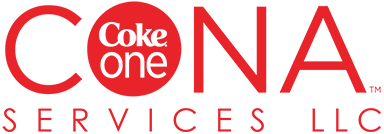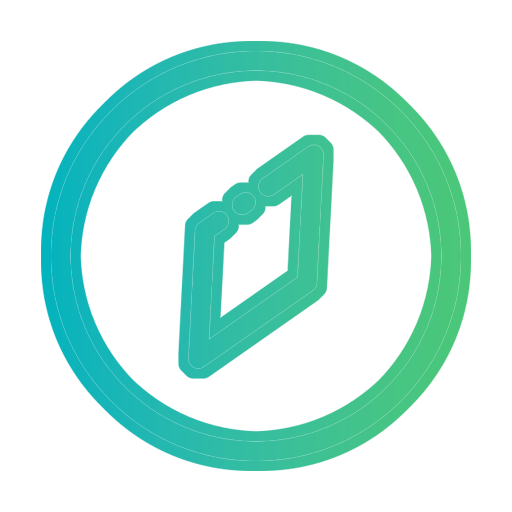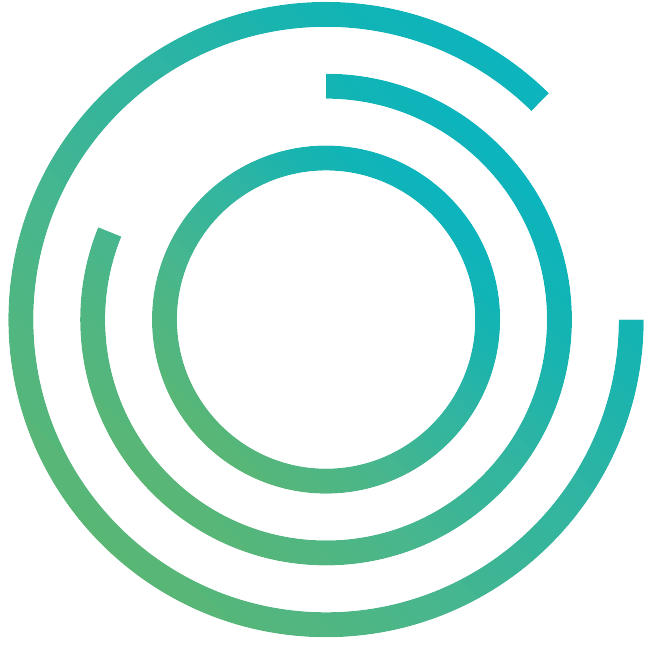Highlights of our solutions

Visibility across the board
Track operations from start to finish. Identify bottlenecks, make informed decisions and adjust workflows as needed.
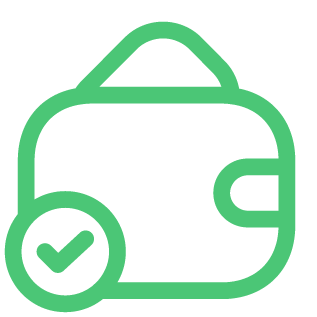
Eliminate manual processes
Connect your processes and automate tasks so you can better utilise resources and maintain productivity.
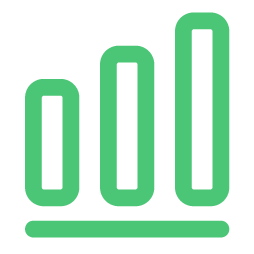
Clear communication
Give all stakeholders access to the same shared information. Reduce misunderstandings, build trust and accelerate business growth.
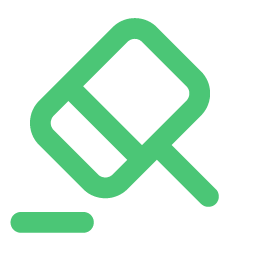
Positive impact on planet earth
Efficiency is not only a smart business move, it is also a responsible choice. It saves resources, reduces waste and extends the life of materials used.
Our solutions at a glance
osapiens HUB for Maintenance
Assets up, costs down
Our maintenance solution gives asset-intensive businesses the tools they need to optimizes the use, availability, and lifetime of assets and equipment.
Discover our solution
osapiens HUB for Service
Rewarding field service - from request to fullfillment
Our service solution connects customers with field service teams and automates time-consuming tasks to resolve issues faster and improve overall customer satisfaction.
Discover our solution
osapiens HUB for Distribution
Deliver more, on every trip
From presales planning to direct delivery to retail stores and van sales, our solution turns distribution into a well-organized and customer-focused process.
Discover our solution
Relevant links
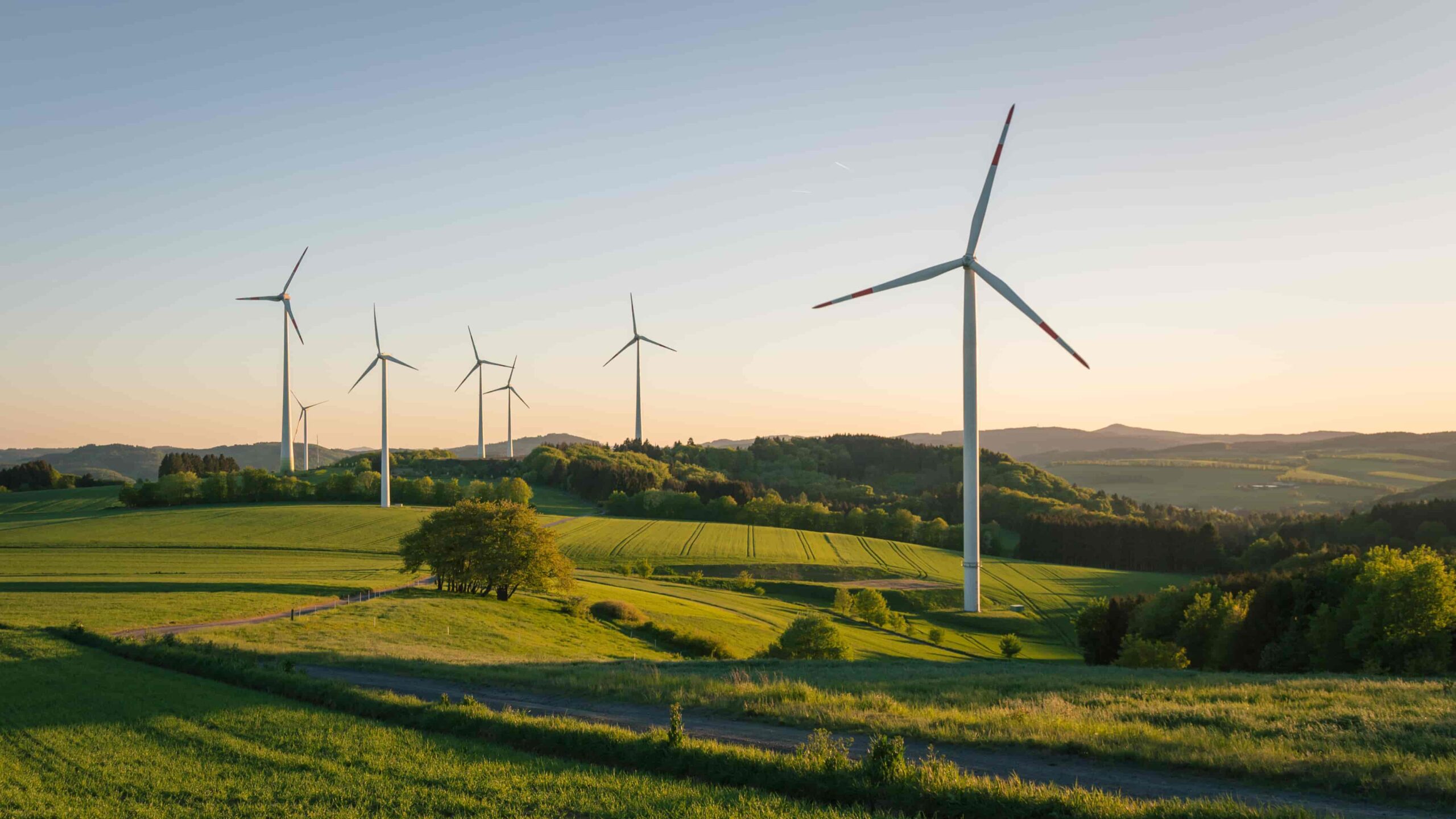
Blog
Corporate Carbon Footprint: Transparency as a driver for climate protection
The Corporate Carbon Footprint (CCF) is a measure of a company’s carbon footprint. It also serves as a strategic tool for investors to assess the impact of climate risks in the business model.

Blog
CSDDD – Standardised EU supply chain law instead of a patchwork of national regulations
On 15 March 2024, the European Corporate Sustainability Due Diligence Directive was adopted in the EU. This regulation creates a framework for the global protection of the environment and human rights along the supply chain.

Blog
Understanding and implementing CBAM
In order to counteract the persistently high risk of carbon leakage to third countries due to higher European carbon prices, the European Commission has introduced a mechanism for adjusting CO2 limits – the Carbon Border Adjustment Mechanism (CBAM) – from 1 October 2023. Companies in the EU that import iron, steel,cement, aluminium, electricity, fertilisers or hydrogen in pure or processed form from non-EU countries will have to report all imports separately on a quarterly basis and make a compensation payment in the form of CBAM certificates.
Get started now
Find out more about our solutions in a demo tailored to your needs. We are here to help.
Request a demo

